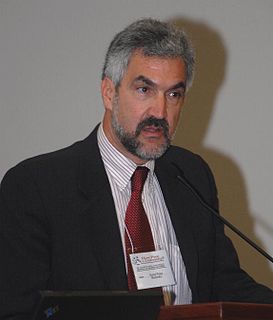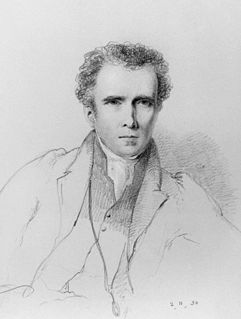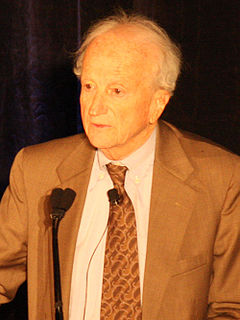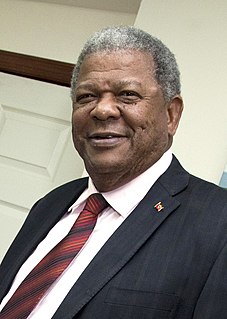A Quote by Seyyed Hossein Nasr
The life of Islamic philosophy did not terminate with Ibn Rushd nearly eight hundred years ago, as thought by Western scholarship for several centuries. Rather, its activities continued strongly during the later centuries, particularly in Persia and other eastern lands of Islam, and it was revived in Egypt during the last century.
Related Quotes
We now have some years of very reliable polling by Western firms in the Islamic world, in multiple Islamic countries. And invariably, the question that asks, "Do you view U.S. foreign policy as an attack on Islam and Muslims?" is maxed out. Whether it's Jordan or Indonesia or Egypt, you get 80,85 percent of people saying "Yes."
Where are Shakespeare's imagination, Bacon's learning, Galileo's dream? Where is the sweet fancy of Sidney, the airy spirit of Fletcher, and Milton's thought severe? Methinks such things should not die and dissipate, when a hair can live for centuries, and a brick of Egypt will last three thousand years. I am content to believe that the mind of man survives, somehow or other, his clay.
The first rules about Islamic law weren't even written down for a century and a half after the Prophet's death, and it was another five centuries, half a millennium, before they assumed anything like a definitive form. So there have always been huge arguments over what Islamic law actually requires. There are four main schools of law in Sunni thought and there's a separate school of law in Shia thought, so these arguments do take place.
With its untold depths, couldn't the sea keep alive such huge specimens of life from another age, this sea that never changes while the land masses undergo almost continuous alteration? Couldn't the heart of the ocean hide the last–remaining varieties of these titanic species, for whom years are centuries and centuries millennia?
Infuriatingly stupid analysts - especially people who called themselves Arabists, yet who seemed to know next to nothing about the reality of the Islamic world - wrote reams of commentary [after 9/11]. Their articles were all about Islam saving Aristotle and the zero, which medieval Muslim scholars had done more than eight hundred years ago; about Islam being a religion of peace and tolerance, not the slightest bit violent. These were fairy tales, nothing to do with the real world I knew.
The accumulated knowledge of materials, computing, electromagnetism, product design, and all the rest that we've learned over the last several centuries converts a few ounces of raw materials worth mere pennies into a device with more computing power than the entire planet possessed fifty years ago.
I think confronted with the modern world or with the rest of the world, I think people are becoming aware that the Western and Islamic civilizations have more in common than apart. It was a German scholar, C. H. Becker, who said a long time ago that the real dividing line is not between Islam and Christendom; it's the dividing line East of Islam, between the Islamic and Christian worlds together on the one hand and the rest of the world on the other. I think there is a lot of truth in that.
From it genesis twelve hundred years ago to today, Islamic philosophy (al-hikmah; al-falsafah) has been one of the major intellectual traditions within the Islamic world, and it has influenced and been influenced by many other intellectual perspectives, including Scholastic theology (kalam) and doctrinal Sufism (al-ma'rifah or al-tasawwuf al-'ilmi) and theoretical gnosis ('irfan-i nazari).

































